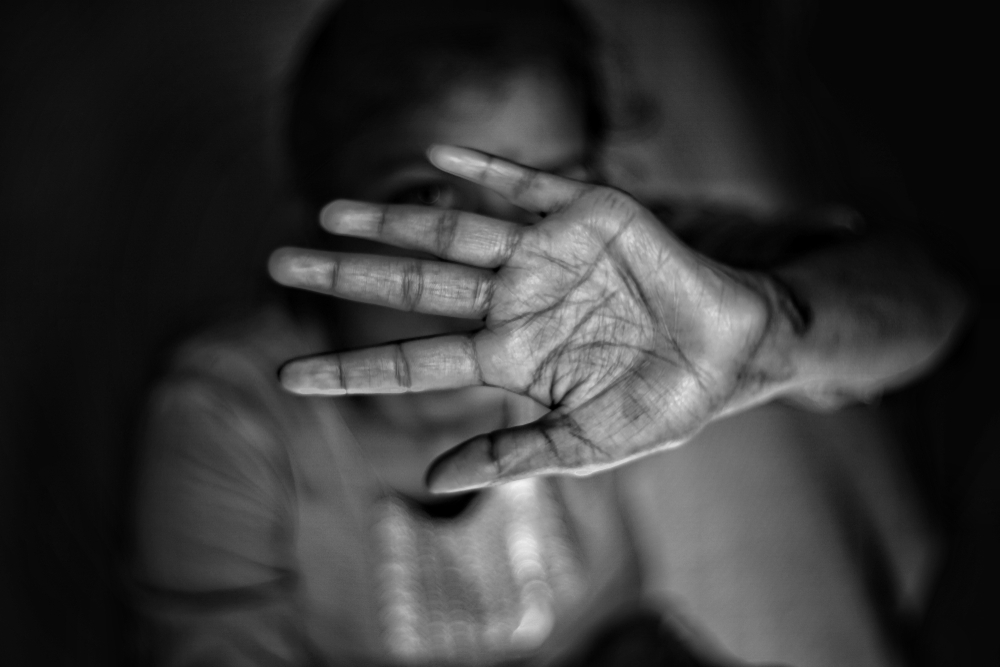A woman in her 30s stood at the landing of her building in a south Calcutta locality and “blurted” to a stranger that her husband was torturing her.
A 40-year-old schoolteacher has accused her husband of mentally harassing her. His business has suffered in the past few years and when she requested him not to step out of the house during the lockdown, he became furious and snapped power supply to the house knowing she had to complete correcting exam papers, she has alleged.
She recently told a women’s rights organisation that he had assaulted her. She has filed a police complaint, a member of the organisation said.
Organisations working with women have seen a rise in reports of domestic violence (physical or mental harassment or both) by women from affluent families.
Swayam, a women’s rights organisation, has helped close to 1,000 women in the past two-and-a-half months. The yearly figure is 1,200-1,400.
“New cases have increased by 60-80 per cent and a large section of these women reached us through mails or WhatsApp or over social media, which goes on to say they are from a certain social background who are now seeking help,” Amrita Dasgupta of Swayam said.
“Middle-class or upper middle-class women often don’t reach out because of social stigma or even family pressure… they are now reaching out because they are unable to cope with the violence,” Dasgupta said.
There are pre-existing conditions in the relationships of women and it has intensified during the lockdown, according to organisations working with women.
“We are seeing women from upscale localities saying they are being abused. They are coming out now because they are at home with the perpetrators and can’t camouflage their distress,” Ratnaboli Ray, founder of Anjali, an organisation dealing in mental health rights, said. “We have seen women reaching out to complete strangers in the neighbourhood even at the cost of shame and family honour.”
The number of cases and the extent of torture has gone up during the lockdown, Leena Gangopadhyay, the chairperson of the state commission for women’s rights, said. “The perpetrators are frustrated and women are facing a constant supervision with no outlet.”
Swayam has recently launched a #StopDomesticViolence campaign through posters in English, Bengali and Hindi linking domestic violence and Covid-19.
“The campaign does not focus on women but men who are the perpetrators. He can be the perfect colleague outside but a different person inside the four walls of his home. The campaign throws light on the dual nature where a person who is donating towards Covid fund is keeping his mother hungry,” Dasgupta said.
The posters talks about a person who is a social distancing expert but rapes his wife or one who uses a hand sanitiser but thrashes his daughter.
There have been instances of young women being beaten by their parents during the lockdown, according to several organisations.
A few weeks ago, Akshara Centre, a Mumbai-based women’s rights organisation, along with Swayam and production house David & Goliath Films, launched a 59-second video in Bengali with actors, singers, musicians asking women and others to report domestic violence.
“Not just married women but unmarried women are being subjected to violence by their siblings. The idea of the video is to ask each one, be it a friend or a neighbour, to be more vigilant so that women do not have to go through such violence,” Anuradha Kapoor, the director of Swayam, said.










